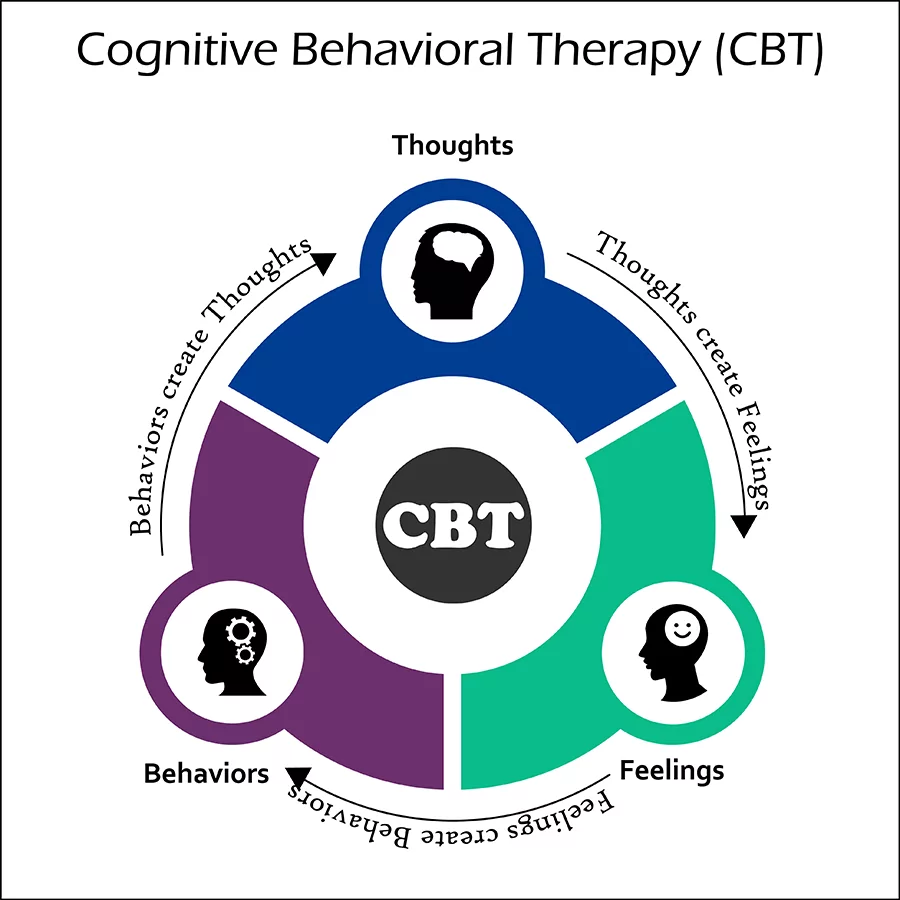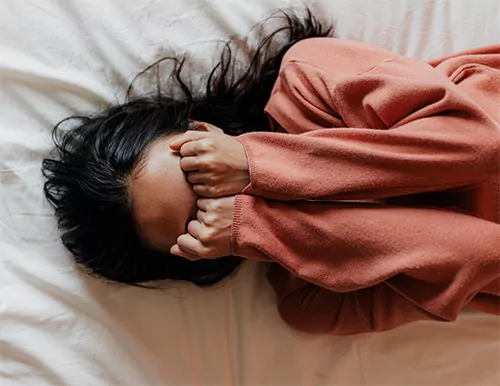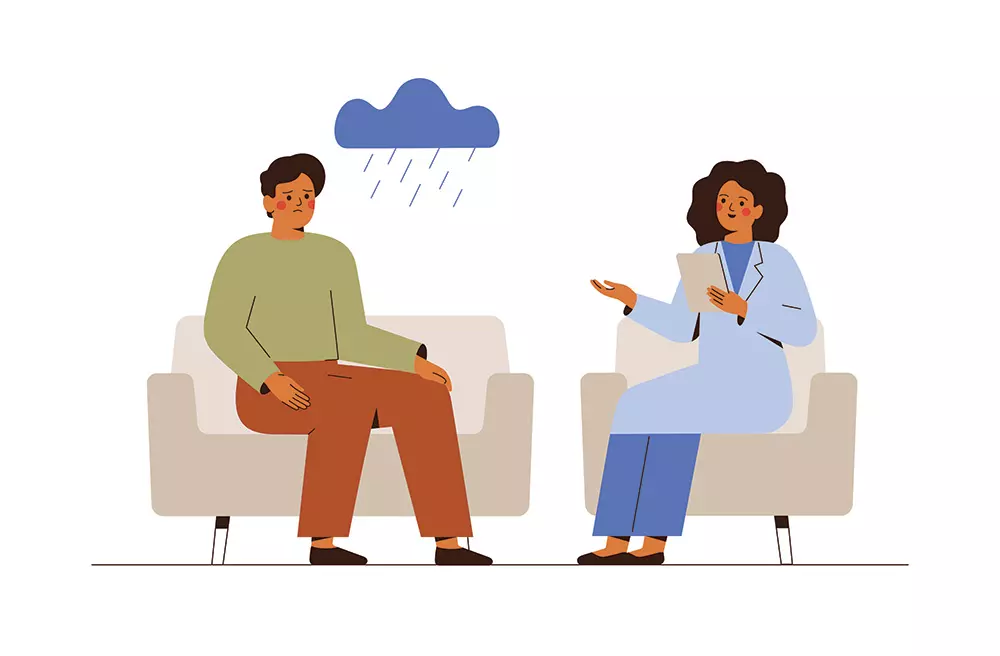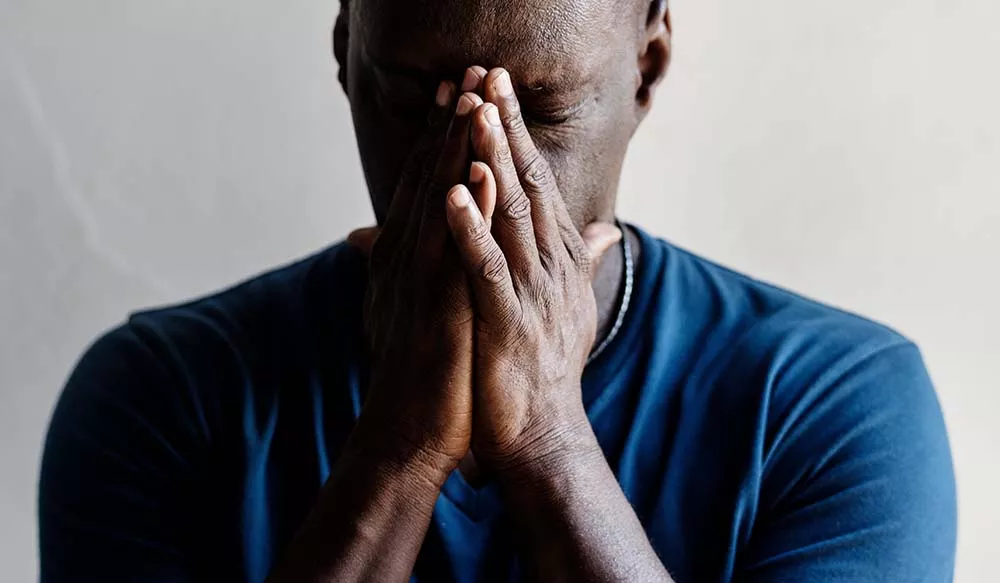Mental health disorders are more common than most people think and come in various forms. Here’s a shocking fact: according to the National Institute of Mental Health (NIMH), about 1/5 of adults in the US live with mental illness. That’s about 52.9 million Americans as of 2020!
What most people fail to realize is that mental health conditions vary in commonality and severity. They could be mild, moderate, or severe, depending on whether it’s any mental illness (AMI) or serious mental illness (SMI). NIMH also found that 22.8% of U.S. adults report having AMI, while only 5.5% of U.S. adults have SMI – that’s still 14 million people.
AMI refers to an emotional, behavioral, or mental disorder. On the other hand, serious mental illnesses refers to mental health disorders that have life-threatening effects.
The main 3 common mental health disorders include:
These are considered the most common mental health disorders in the US general population and are very treatable with professional help. In fact, at least 40 million American adults and 13.9% of teenagers between 13 and 18 years suffer from anxiety disorders.
This mental health condition can develop from various factors such as:
Anxiety disorders are generally characterized by nervousness, anxious thoughts, and chronic fatigue. Patients may also experience trembling, sweating, elevated heartbeat, irritability, and sleeplessness.
In most cases, depression co-occurs with other mental health disorders such as anxiety and trauma. Interestingly, major depressive disorder is more common among women than men. It affects about 7.1% of the US adult population (17.3 million) annually. Some of the things that trigger this condition include major life events, environmental factors, some medical conditions, genetic factors, or a combination of all of them. Even the most severe cases of depression are treatable with a combination of therapy and medication.
The most common symptoms of depression include:
Patients may also experience hopelessness, worthlessness, low energy levels, loss of appetite, and sleeping disturbances. The length of a depressive episode can last anywhere from days to months at a time and many people have recurring episodes throughout their lifetime.
This type of mental health disorder is normally caused by intensely depressing or disturbing life events. It manifests through conditions such as post-traumatic stress disorder (PTSD), second-hand trauma, acute stress disorder (ASD), complex PTSD, and reactive attachment disorder.
Shockingly, about 70% of American adults have gone through a traumatic event at least once in their lifetime. That has left them with at least one of the types of trauma. The most common type of trauma in the US is acute, chronic, and complex trauma.
This condition is mainly characterized by intrusive thoughts, sleep pattern changes, and mood swings. Patients may also experience irritability, flashbacks, survivor guilt, and anxiety. Symptoms of trauma may go away on their own within the first few weeks or months after an event, but for some they can last for years if left untreated.
Besides these three, other common mental health disorders in the US include attention deficit/hyperactivity disorder and substance use disorder.
Apart from medication, there are several types of therapy that can effectively treat mental health conditions. They include:
This therapy helps manage mental health problems by altering the patient’s behavior and thoughts. It is a type of psychological treatment that is used to manage various mental health conditions. CBT is especially effective in the treatment of anxiety disorders, depression, and PTSD. This is because it focuses on identifying negative thoughts that cause these illnesses.
It also teaches the patients to develop coping skills and adopt ways of managing their condition and moods.

This mostly applies to depressive disorder and trauma patients. It involves techniques that motivate people with mental health disorders arising from alcohol and substance abuse to change their behavior.
In this kind of therapy, the motivational interview technique is the most applied when it comes to treating depression and trauma. When combined with modified CBT, motivational interview sessions can help ease anxiety caused by traumatic brain injuries.
As the name suggests, this therapy focuses on treating trauma. It establishes how a traumatic event affects a person’s mental health, then uses CBT to address the patient’s mental health needs. It combines aspects of exposure therapy, family therapy, psycho-education, and relaxation.
This form of therapy has proven to be quite effective in the treatment of trauma arising from single or multiple events by helping patients learn coping skills for managing emotions and symptoms of the trauma. Research has shown that 80% of children receiving this treatment have shown a significant improvement of symptoms in less than 16 weeks.
Getting therapy for mental health patients in the US can be challenging. However, finding one can be relatively easy with the help of local resources, websites such as the American Psychological Association and National Register, mobile apps, etc. Below are some quick tips on how to find a therapist near you.
@eleanor_health Ep. 2: What is Eleanor Health? ? | What kind of therapy do we offer? #EleanorHealth #mentalhealth #addictionrecovery #therapytok ♬ original sound – Eleanor Health
Eleanor Health specializes in online addiction treatment, with clinics across several states offering therapy and medication-assisted treatment.
The Eleanor Health team is on a mission to provide quality, affordable, compassionate, and evidence-based care for addiction patients and improve every member’s life. We understand that mental health care is not “one size fits all,” Therefore, we take a whole-person approach to treating every patient. Our approach includes a personalized, comprehensive plan based on the patient’s physical, mental, social, and emotional status.
Anxiety, depression, and trauma can lead to life-long suffering and even cause death if untreated in good time. Thanks to advancements in medical technology, therapy treatment for these mental health disorders has become more affordable. It is also accessible to most Americans, even as prevalence rates remain high.
Do not suffer or let a loved one carry the burden of anxiety, depression, or trauma in silence. Reach out to Eleanor Health today. We will help you build steady progress and confidence toward your desired future. With our support, you can effectively manage your mental health with exclusive services such as virtual therapy. You can enjoy our services from the comfort of your home based on your schedule. We are currently located in Louisiana, Massachusetts, North Carolina, New Jersey, Ohio, Texas, and Washington.
 10 Tips to Manage Your Anxiety
10 Tips to Manage Your Anxiety
 Natural Treatments for Depression: Can They Help?
Natural Treatments for Depression: Can They Help?
 The Link Between Anxiety and Alcohol
The Link Between Anxiety and Alcohol